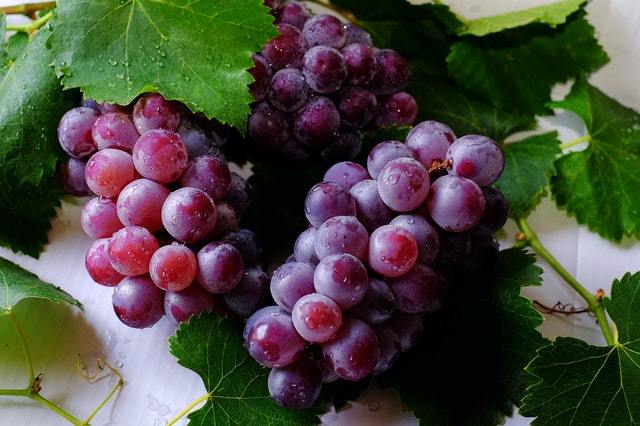Are you looking for cheap ways and methods that can easily improve your yields and profits? Investing in the latest agriculture technologies can solve many challenges affecting farmers today like climate change and poor soil fertility. Such solutions include drip irrigation, organic farming and water recycling.
In the YouTube video below, learn about the seven agriculture innovations from Israel. These technologies are making farming more efficient and sustainable across the world. They are;
This blog post looks into those technologies
Related: Which are the modern farming technologies beyond COVID pandemic
Drip Irrigation
The Israel climate weather conditions are not the most suitable for water fed agriculture. Besides there is inadequate water for overhead methods of irrigation. Drip irrigation is a precise farming method that direct water to plant roots saving water needs and increasing yields. You can mix the water with soluble fertilizers and pesticides to make your farm operations more efficient.
Latest developments in the area allow you to use weather and moisture sensors to do automated irrigation in acres of farms.
Biopesticides
There is a growing campaign around the globe to reduce the use of harmful farm chemicals. Consider use of Intergrated pest management methods (IPM) that reduce use of chemical and toxic pesticides. An example is use of predatory wasps that feed on destructive crop insects. According to the company fronting the technology, you can reduce use of pesticides by 70%.
Bio fertilizers
In a bid to reduce use of chemical fertilizers, Israel has made great strides in use of organic fertilizers. An example is introducing a certain fungi into plant roots. The microorganism can speed up the break down of natural materials to produce beneficial plant nutrients. On the other hand, the plant can uptake more giving you healthy plants and yields.
Water Recycling
Israel recycles around 86% of her wasted waters. As a semi arid country, It has insufficient natural water sources. It reuses and recycles her effluent and sewerage wastewater. Today, around 50% of treated sewage water is for irrigation. the rest is used to increase river volumes, fire suppression and discharge to the sea.
In addition to recycling, the country is a global leader in water desalination, harvesting and storage.
Data Analytics
The country has many farms pioneering in collection, analysis and use of data to improve agriculture. They use drone and satellite farm imageries, big data and predictive models to monitor crop, animal and field conditions.
As a farmer you can use the real time data to make informed decisions like precise irrigation, fertigation and pesticide spraying. This helps one to cut your cost of production, improve food safety and increase farm yields and income.
Sensors
Use of sensors is helping farmers to efficiently use farm inputs, harvest, irrigate and harvest crops on time. Sensors can measure and communicate field conditions like wind, moisture and presence of pests infestations.
Use of sensors is an AI method that utilizes IoT to trigger precise actions like pesticide spraying and irrigation.
Robotics
In terms of smart farming, Israel is a leader in solutions for complete automated farms. Using those solutions, you can prepare land, plant and manage your crops until you harvest them using robots. As showcased in the above video, there are unmanned robots that can harvest, sort and package fruits without any human intervention. Apart from robotics, other technologies in the same space are use of drones in agriculture to monitor and perform some farm activities like pest and disease surveillance.
